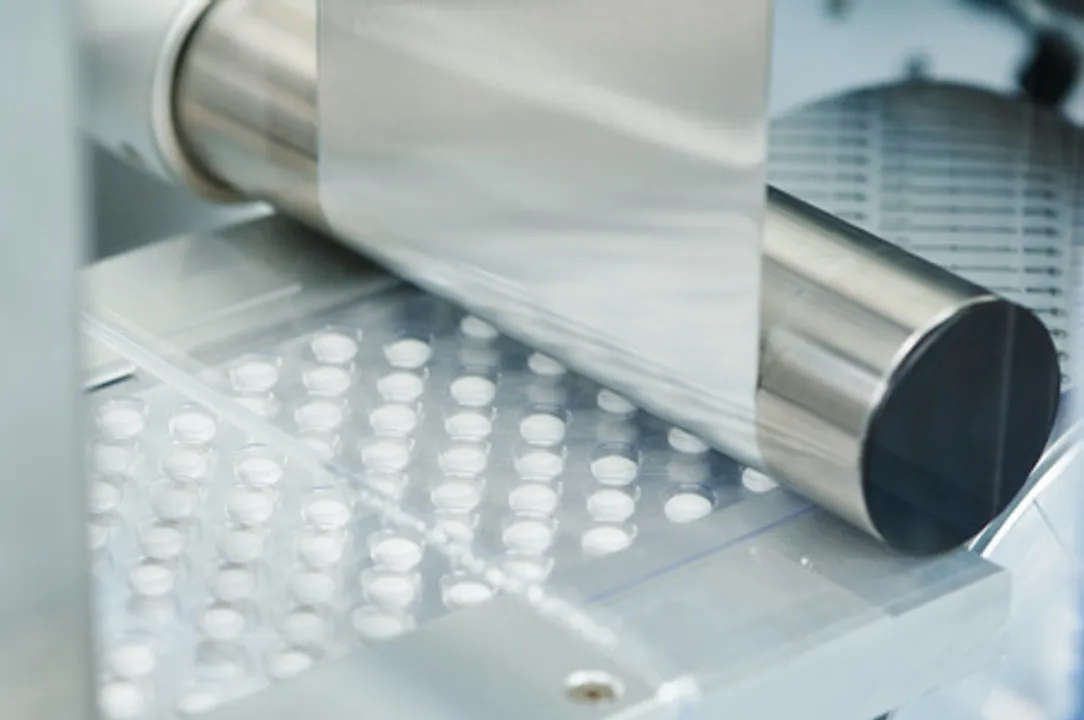Does Big, Bad Pharma Resemble Big, Bad Banks?

Dmitry Kalinovsky/123RF.com
Editors note: Jack Isler is retired anesthesiologist and critical care physician as well as a published author. The views expressed here are his own.
I recently finished a research project involving four of the biggest pharma corporations in the world. I have been around medicine in some form for over 35 years but never spent too much time looking Pharma in the face. Pharma is basically a worldly corporate entity. Most of the top 25 pharmaceutical corporations are located in over 100 countries or at least sell their products there. Of the five giants in the corporate world (banks, car makers, oil, media, and pharma), pharma makes the greatest profit margin at an average of 18%. Banks are second at just under 18%. Pfizer had a profit of 42% (some adjustment for selling off a subsidiary) in 2014. A discussion of a few aspects of Pharma will clarify if they are like the big, bad banks or simply misunderstood.
Information on sales by Pharma is a moving target, so let’s look at 2014 for eight corporations.
AstraZeneca, total sales-26B-- profit margin 10%
Eli Lilly, total sales- 23.2B-- profit margin 20%
Sanofi, total sales-44B--profit margin 11%
GSK, total sales-41B-- profit margin 21%
Merck, total sales-44B-- profit margin 10%
Johnson and Johnson, total sales- 71B-- profit margin 19%
Roche, total sales-50B-- profit margin 29%
Novartis, total sales-58B-- profit margin 16%.
Everyone is aware that prescription costs are high and in some instances not even affordable. Keep these figures in mind as we consider contemplating if Pharma is the main reason for our fiscal pain in needing a medication.
GSK spends more dollars on marketing than on research. Most of this marketing is not directed toward our physicians, but to consumers. Consumers see a medication advertised on TV or in a magazine and ask themselves, “Will that cure the symptoms I’ve had for years?” The next time, at their physician’s office, they will ask about trying this new drug. The physician will probably give in to ordering the medication, in particular if the patient’s problem has not been well controlled. Pharma is well aware of this connection.
There are also sales representatives who make money off the amount of sales of particular medications. This is an area that GSK found itself in legal trouble in 2013. For years, there was an overly aggressive approach to these sales with medications being pushed for off-label uses. In these cases, off-label refers to using it for a non-FDA approved indication. Along with this, many physicians were given high-end gifts because of the number of prescriptions written for certain meds. GSK has been fined over 3.5 billion dollars (3 billion in the US) for these practices. It has been suggested that many people were harmed by this practice, and the lawsuits related to this practice may not have ended. It’s unclear if GSK has changed these shoddy practices worldwide.
Many things have changed at GSK due to these settlements against them. In the US (only in the US) sales representatives are no longer paid on a commission basis. Gifting physicians for large numbers of specific drug prescriptions is not allowed. Paying physicians large stipends to talk about GSK drugs has also been discontinued.
I focused on GSK as only one specific example of big Pharma’s excessive self- centered approach to business. Most of the Pharma corporations have a story of excess and greed to maximize profits. It is a thin wall between the patient and a different medication they don’t need. Hopefully, physicians can stand their ground on ordering another med for their patient that will be more expensive and may offer little improvement in symptoms.
I have not been able to see that other pharmaceutical companies learned anything from the GSK lawsuits. Sales representatives still are on commission, especially for high-end, high profit medications at non GSK pharma. Does all this money need to be spent on advertising to the average consumer? At least it seems the decent thing to do would be spend more on research than on advertising.
I think, in the end, you should be as suspicious of big Pharma as you are big banks. Each has an amazing potential to follow a crooked path. At least with a bank, it may not cost you your life.
Related Posts
